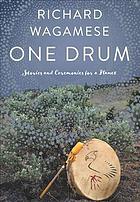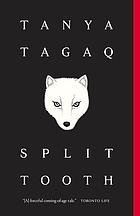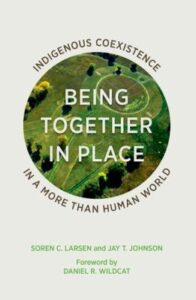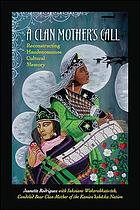This year McGill celebrated its 10th annual Indigenous Awareness Weeks, from September 13th – 24th and we are also marking the 20th anniversary of the First Peoples’ House Pow Wow, which took place virtually on September 24th, 2021. On Thurssday, September 30th, Canada is recognizing the first-ever National Day of Truth and Reconcilitiation. In honour of these events, the Humanities and Social Sciences Library held a physical book display in the Redpath Library for the month of September to celebrate Indigenous voices. We have now moved that display to our online Redpath Book Display space for all to enjoy.
This display was created by Librarians and Staff in our Indigenous Issues Interest Group, we recognize that McGill University is located on unceded territory and this list was put together by workers who are settlers and grateful guests on this land. If anyone has any comments or suggestions to improve this display, please feel free to send us an email at hssl.library@mcgill.ca.
Here are some of the wonderful texts you can find in our Indigenous Awareness display:
One Drum: Stories and Ceremonies for a Planet by Richard Wagamese
One Drum draws from the foundational teachings of Ojibway tradition, the Grandfather Teachings. Focusing specifically on the lessons of humility, respect and courage, the volume contains simple ceremonies that anyone anywhere can do, alone or in a group, to foster harmony and connection.
Tanya Tagaq explores a world where the distinctions between good and evil, animal and human, victim and transgressor, real and imagined lose their meaning, but the guiding power of love remains. Haunting, brooding, exhilarating, and tender all at once, Tagaq moves effortlessly between fiction and memoir, myth and reality, poetry and prose, and conjures a world and a heroine readers will never forget.
Being Together in Place explores the landscapes that convene native and non-native people into sustained and difficult negotiations over their radically different interests. Using ethnographic research and a geographic perspective, this text shows activists in three sites learning how to articulate and defend their intrinsic and life-supportive ways of being – particularly to those who are intent on damaging these places.
A Clan Mother’s Call: Reconstructing Haudenosaunee Cultural Memory by Jeannette Rodriguez
A Clan Mother’s Call articulates Haudenosaunee women’s worldview that honors women, clanship, and the earth. Over successive generations, First Nation people around the globe have experienced and survived trauma and colonization. Extensive literature documents these assaults, but few record their resilience. This book fulfills an urgent and unmet need for First Nation women to share their historical and cultural memory as a people. It is a need invoked and proclaimed by Clan Mother, Iakoiane Wakerahkats:teh, of the Mohawk Nation.




